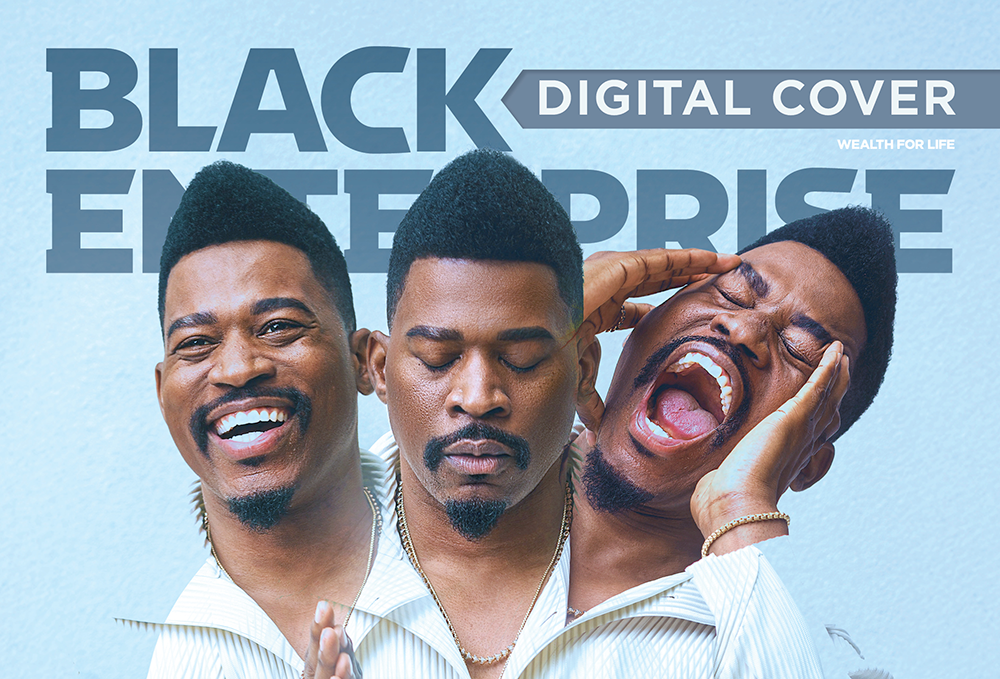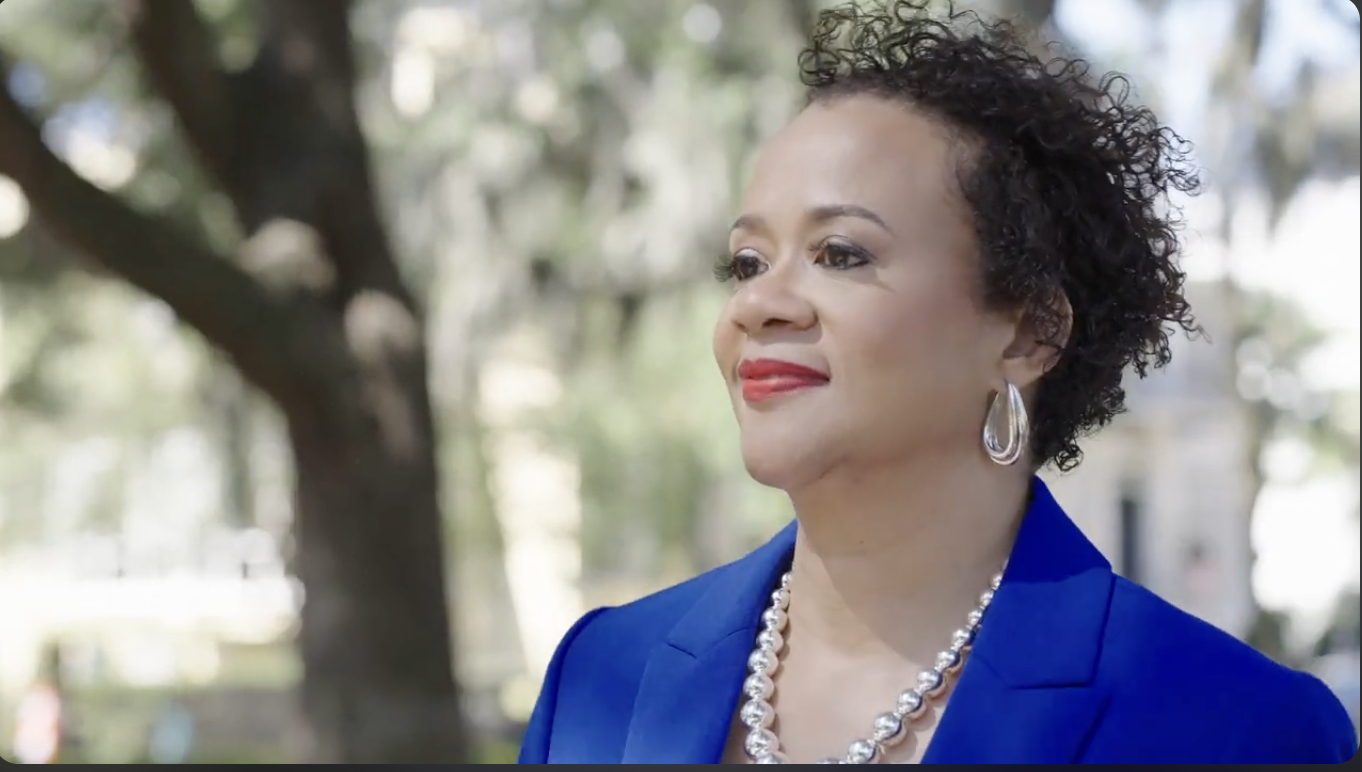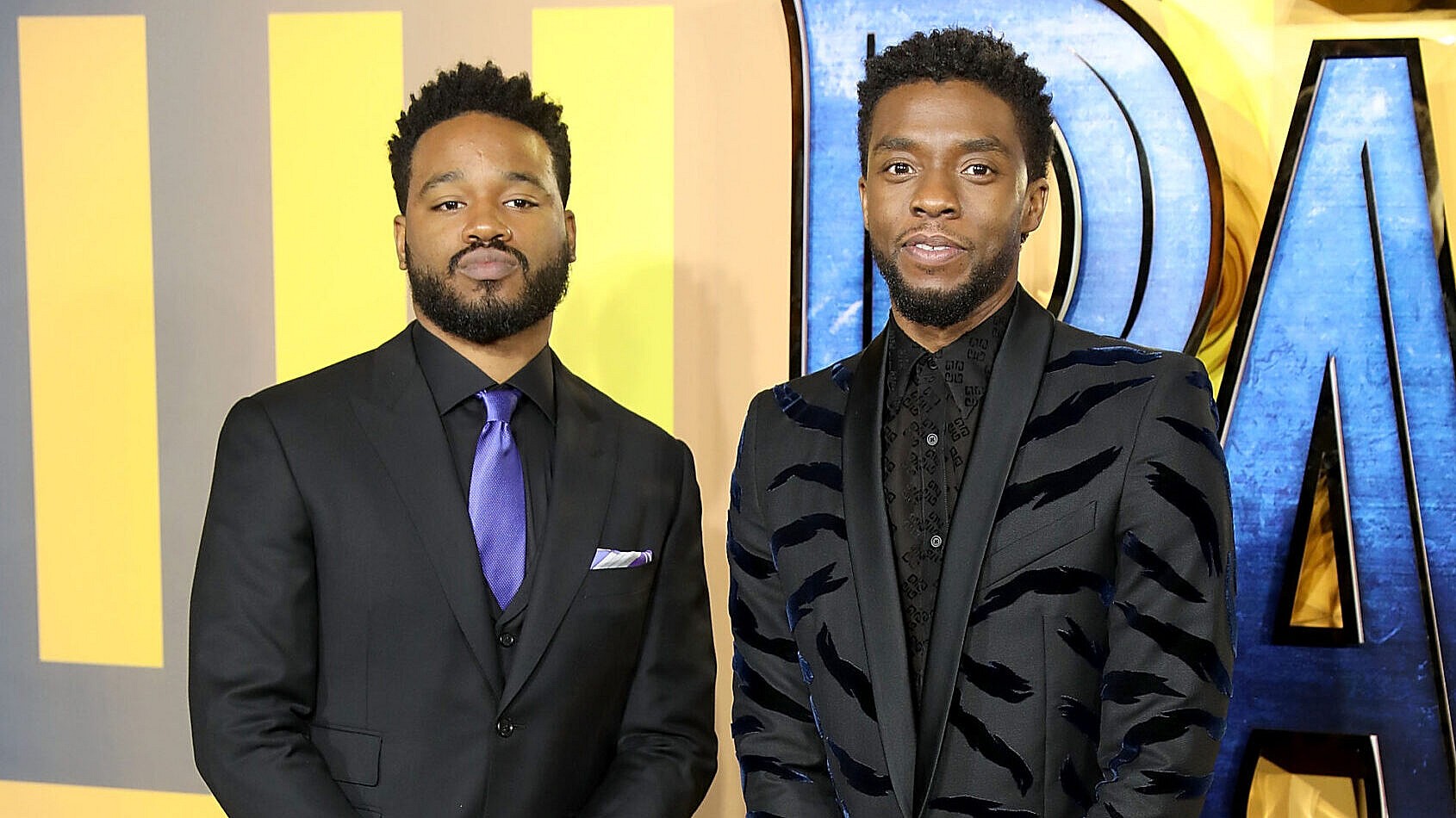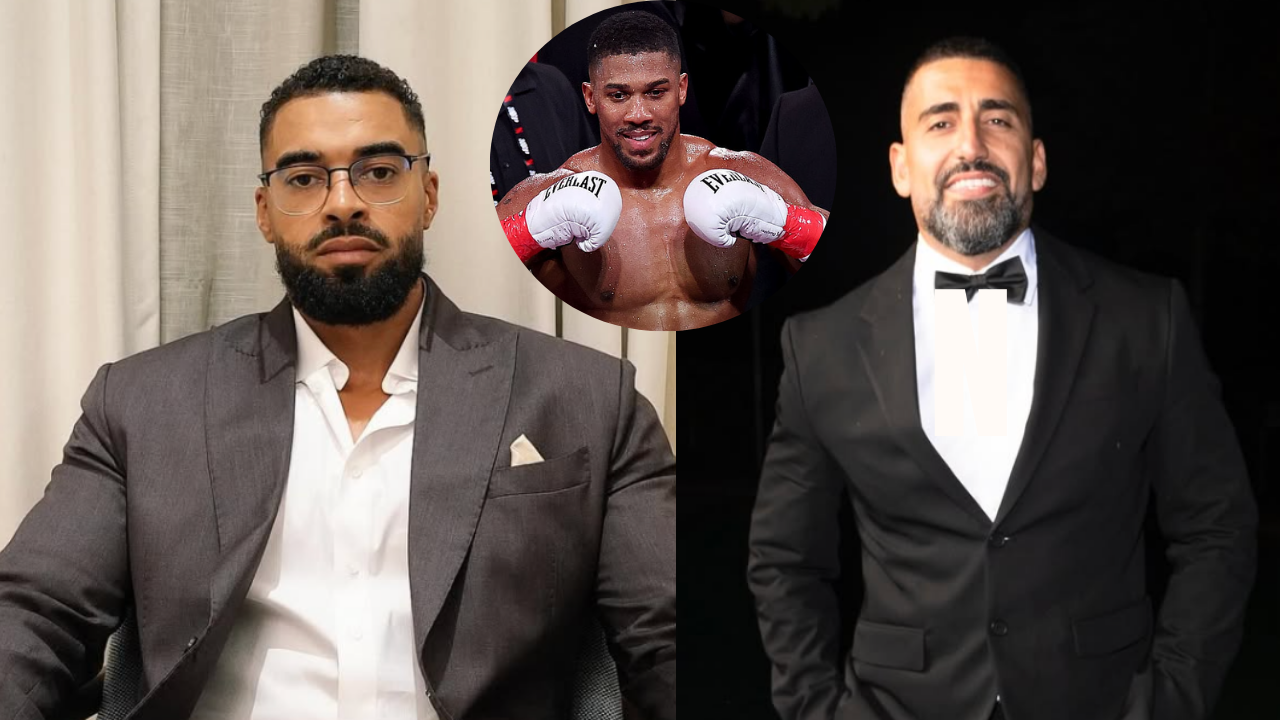
The 51-year-old Mississippi native has intentionally defined his contemporary legacy by championing systemic change and economic self-determination, often years ahead of the mainstream conversation.
His influence spans from defining the essential, aggressive contours of the Southern sound to advocating for radical mental wellness and establishing vital business infrastructure for Black creators.
Banner’s professional journey began not with immediate solo stardom, but with intellectual curiosity and regional pride. He first emerged as a founding member of the duo Crooked Lettaz in the late 1990s, cultivating a raw, geographically specific sound that served as a necessary challenge to the traditional coastal dominance of hip-hop.
The foundation soon fueled an explosive solo career, propelling the distinctive, bass-heavy production signature of the South to the top of the national charts.
As a producer, he crafted anthems that were simultaneously commercially dominant and socially resonant. His signature work—from the infectious swagger of T.I.’s “Rubber Band Man” to his own politically charged club hits—cemented his status as a sonic architect who understood precisely how to manipulate the market while moving the culture. Furthermore, his creative ambition did not halt at the mixing board; Banner seamlessly translated his commanding presence to the screen, embarking on an acting career with roles in films such as Black Snake Moan and television series including P-Valley, demonstrating a versatility that extended his influence into cinematic storytelling.
The relentless demands and intense scrutiny of the entertainment machine—a ceaseless gauntlet of studio sessions, national tours, and the establishment of ventures like Banner Vision—eventually extracted a severe, debilitating toll.
For years, the Grammy-winning producer struggled publicly with significant physical health scares, including chronic fatigue and dramatic weight fluctuations brought on by the unyielding stress of creative and corporate demands. This period of physical and psychological turmoil culminated in what he has described as a fundamental awakening, forcing him to confront the systemic neglect of self that the industry demands and often rewards.
Crucially, Banner transcended the role of artist by becoming one of the first major hip-hop figures to openly and vulnerably address his struggles with clinical depression and anxiety. He used his reach and platform to help dismantle the stigma surrounding mental health within the Black community and the music industry while “making peace with God.”
He characterized the industry’s ceaseless demands as a form of spiritual and psychological warfare, detailing periods when the crushing weight of expectation and the systemic lack of internal support nearly broke him. He realized that the most significant, most existential struggle was not against external industry politics, but against his own internal equilibrium, and concluded that his lifelong journey of advocacy and production could only continue if he found a path to sustained wellness.
This shift—from external battle to radical self-preservation—required him to redefine his relationship with visibility and success. To ensure his own survival, Banner began to champion stillness and Transcendental Meditation not as abstract spiritual luxuries, but as critical, non-negotiable tools for sustained existence.
Banner realized that his advocacy, production, and business acumen could only continue if he strategically changed his engagement with the hyper-connected world that demanded his energy and attention.
Banner’s current philosophy became clear: opulence and the good life were not measured in financial output or celebrity cachet, but in protected energy and a clarity of purpose.
The rapper’s perspective now serves as the bedrock of his teaching—a strategic, almost monastic withdrawal to ensure a lasting legacy and unimpeachable discernment.
For Mississippi’s son, one of the industry’s most successful artists and producers, the path to technological and artistic opulence demanded austerity in its highest form: intentional disconnection. Having achieved feats in technology and music, he “wouldn’t have even dreamed.”
Banner’s deliberate isolation is not born of apathy, but of spiritual discernment, relying solely on a trusted inner circle to filter essential truths.
The Doctrine of Discernment
“My life’s path, whether in music or business, is defined by the spirit of discernment. I can look to a mentor, for example, but their journey cannot dictate mine. God may be calling me in such a special way that others can’t relate. My job is to take the plate, pick off what is good, and understand that some messages are meant for later, not now.”
Banner emphasizes the intensely personal nature of his vocation:




